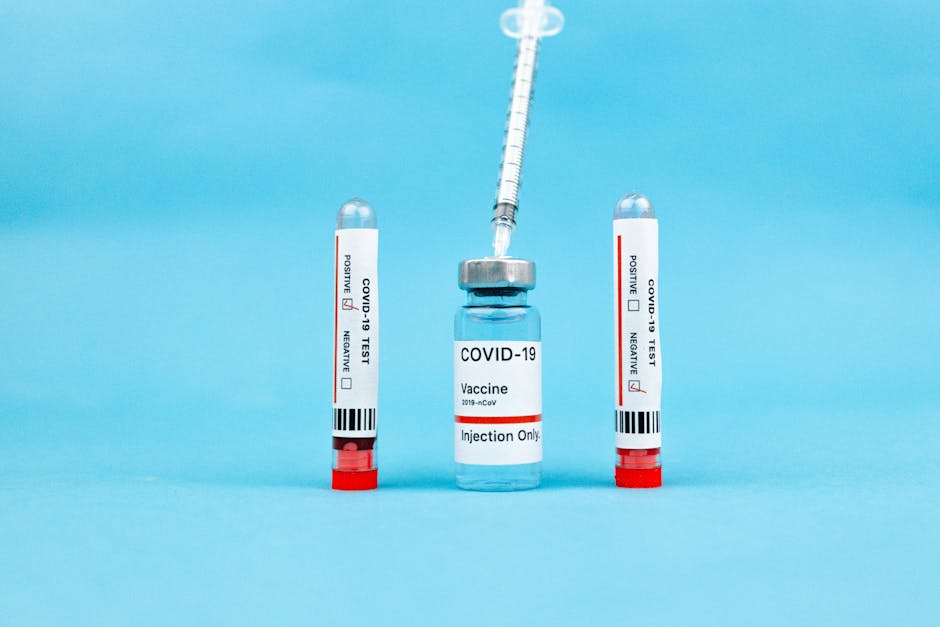Background and Context
On September 1, 2025, former President Donald Trump called for Pfizer and other pharmaceutical companies to release detailed data on the success of their COVID-19 vaccines. This appeal comes amid significant scrutiny of the Centers for Disease Control and Prevention (CDC) and ongoing debates about the vaccines' effectiveness.
Trump's Appeal for Transparency
In a post on Truth Social, Trump emphasized the need for transparency regarding the COVID-19 vaccines. He stated that he had been shown impressive numbers on the vaccine's success but expressed concern that these details had not been made publicly available.
Recent Developments at the CDC
The CDC has faced internal turmoil, including the recent departure of its director, Dr. Susan Monarez. Her exit follows reported clashes with Health and Human Services Secretary Robert F. Kennedy Jr. over vaccine approval and policy.
Vaccine Development and Approval
The COVID-19 vaccines were developed and approved during Trump's first term in office. Initially, he praised the vaccines as a "miracle" that saved millions of lives. However, there has been growing opposition to COVID-19 vaccinations among Republicans.
Health and Human Services Actions
Secretary Robert F. Kennedy Jr. has taken steps to overhaul federal health agencies and change U.S. immunization policies. His actions have raised questions about the safety and effectiveness of the vaccines.
Expert Concerns
Some vaccine experts have expressed concerns that the current administration's actions are sowing confusion about vaccine safety and efficacy, potentially driving down immunization rates.
Implications and Current Status
The demand for more data from pharmaceutical companies comes as the public and policymakers seek clarity on the vaccines' performance. Trump's call for transparency reflects broader concerns about accountability and the need for accurate information in the ongoing debate about COVID-19 vaccines.
Ongoing Debate and Public Reaction
The debate over COVID-19 vaccines has significant implications for public health policy and trust in medical institutions. As the CDC and other agencies face scrutiny, the release of detailed vaccine data could help address some of the concerns and questions surrounding the vaccines' safety and effectiveness.
Conclusion
The situation surrounding COVID-19 vaccines and the CDC highlights the complexities of public health policy, scientific communication, and trust in institutions. The release of detailed data on vaccine success rates could be a crucial step toward addressing current controversies and ensuring public confidence in vaccination efforts.
Future Steps
As the situation continues to evolve, it remains to be seen how pharmaceutical companies will respond to Trump's call for data release and how these developments will impact public health policy and vaccination efforts moving forward.
